The G20 summit concluded on Sunday with an unexpected diplomatic standoff after host nation South Africa refused to hand over the rotating presidency to what it considered a “junior” US representative. The tension unfolded even as the United States — which boycotted the two-day summit — is due to assume the G20 presidency in 2026.
Pretoria declined to take part in the traditional handover ceremony, citing protocol norms, after a White House official warned President Cyril Ramaphosa against “running his mouth” about the US and President Donald Trump. South Africa argued that because Washington chose to send a lower-rank embassy official to the leaders’ summit, it would reciprocate with a similarly ranked delegation for the symbolic passing of the G20 gavel.
The dispute followed Trump’s decision to boycott the summit, accusing South Africa of imposing “racist and anti-White” policies and “persecuting” its Afrikaner minority — allegations firmly rejected by Pretoria. South Africa saw the US decision to send only a diplomatic official as a deliberate slight to Ramaphosa.
South African Foreign Minister Ronald Lamola underscored the perceived protocol violation, saying: “The United States is a member of the G20, and if they want to be represented, they can still send anyone at the right level.” He added: “It is the leaders’ summit. The right level is the head of state, a special envoy appointed by the president of that country, or it could also be a minister.”
He noted that the handover may instead take place later, possibly at the foreign ministry headquarters.
US–South Africa rift widens
Tensions deepened when Ramaphosa claimed the US had reversed its boycott and was attempting to join the summit at the last minute — a claim the White House denied, insisting its officials would attend only the handover.
White House press secretary Karoline Leavitt dismissed Ramaphosa’s remarks, saying he was “running his mouth a little bit against the United States and the president of the United States.”
Quick Reads
View AllSouth Africa also broke with long-standing G20 practice by releasing the leaders’ declaration on the opening day of the summit rather than at the end, despite US objections to a South African agenda focused on climate change and global inequality.
Lamola reiterated that Ramaphosa “will not be handing over to the charge d’affaires from the US,” stressing again that Washington must send representation “at the right level.”
Government spokesperson Vincent Magwenya reinforced the stance: “The President will not handover to a junior embassy official. It’s a breach of protocol that is not going to be accommodated or allowed in this instance.” Pretoria added that no such handover has ever occurred in G20 history and allowing one would set an unwelcome precedent.
Despite the boycott, the US had sought a symbolic handover to a lower-ranking diplomat — a request firmly rejected by South Africa on protocol grounds.
Boycott, backlash and further tensions
South Africa currently holds the G20 presidency under the grouping’s rotating system. The United States is set to assume the role next year, with Trump planning to host the summit in Miami, Florida.
Earlier, Leavitt provoked additional criticism when she confirmed the US would not participate in formal G20 talks and again used disparaging language about Ramaphosa. “The United States is not participating in official talks at the G20 in South Africa. I saw the South African President running his mouth a little bit against the United States and @POTUS… and that language is not appreciated by @POTUS and his team,” she said.
Her comments followed Ramaphosa’s assertion that Washington had shown a “change of mind” over its boycott at the “11th hour.” Trump had already declared that no US official would attend the summit, arguing that South Africa “shouldn’t even be in the Gs anymore.”
He also cited claims of violent persecution of white Afrikaner farmers — allegations widely rejected by South African authorities — as justification for the boycott.


)
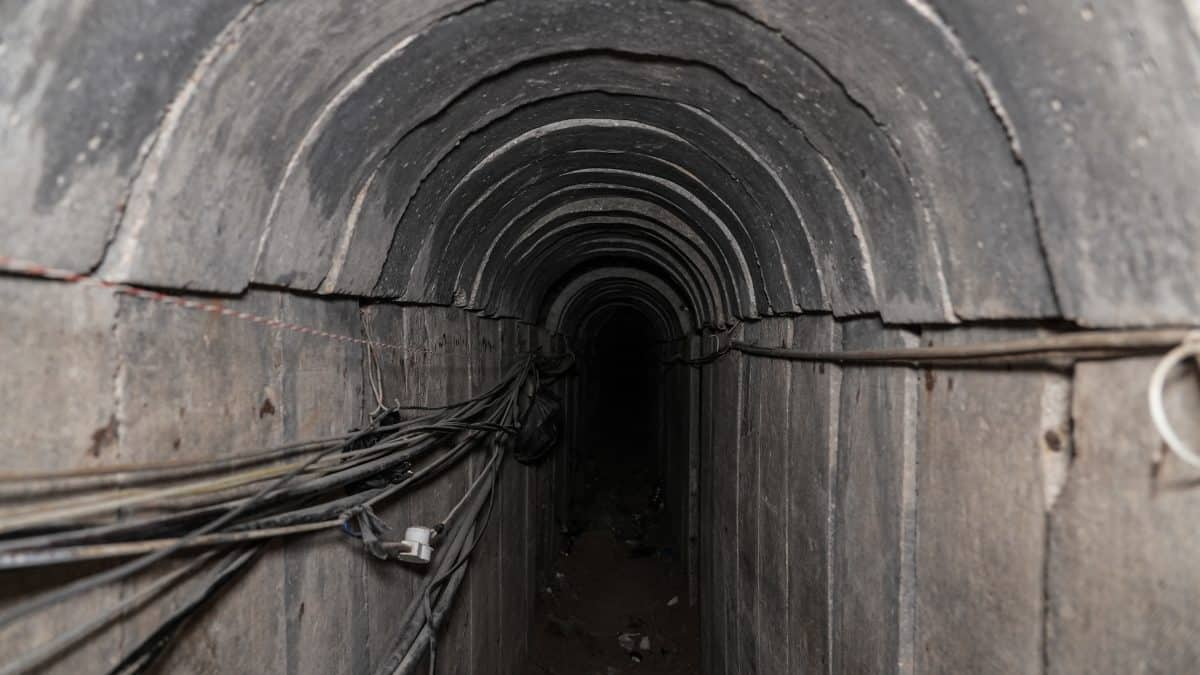
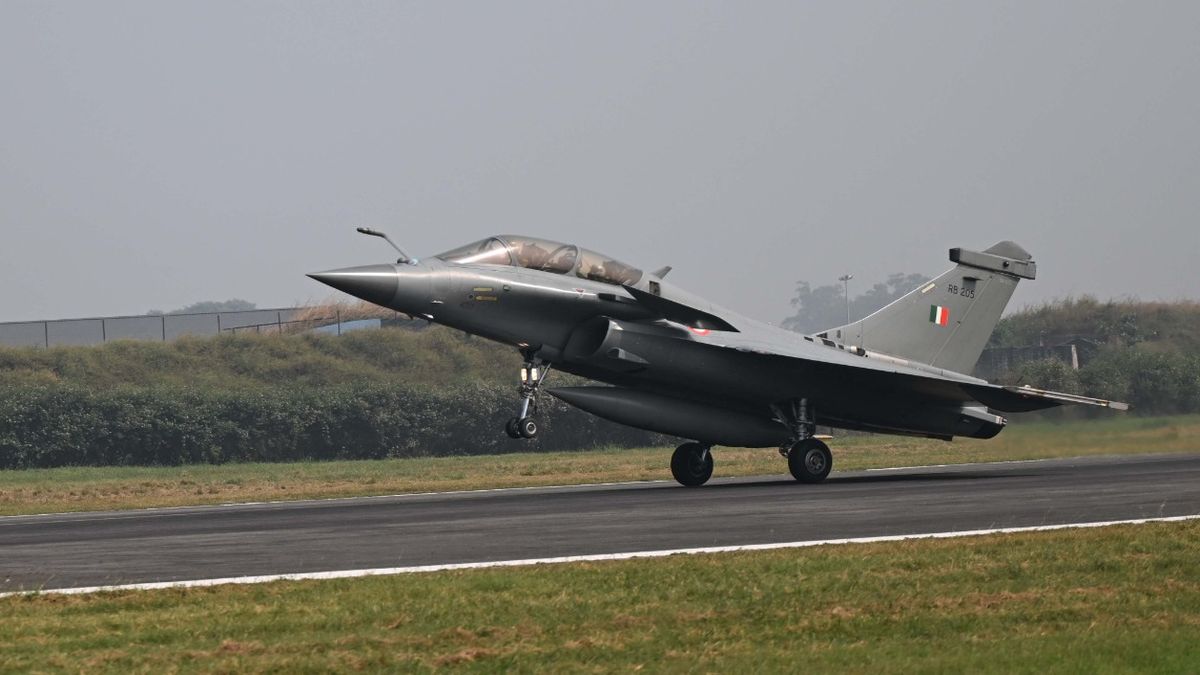)
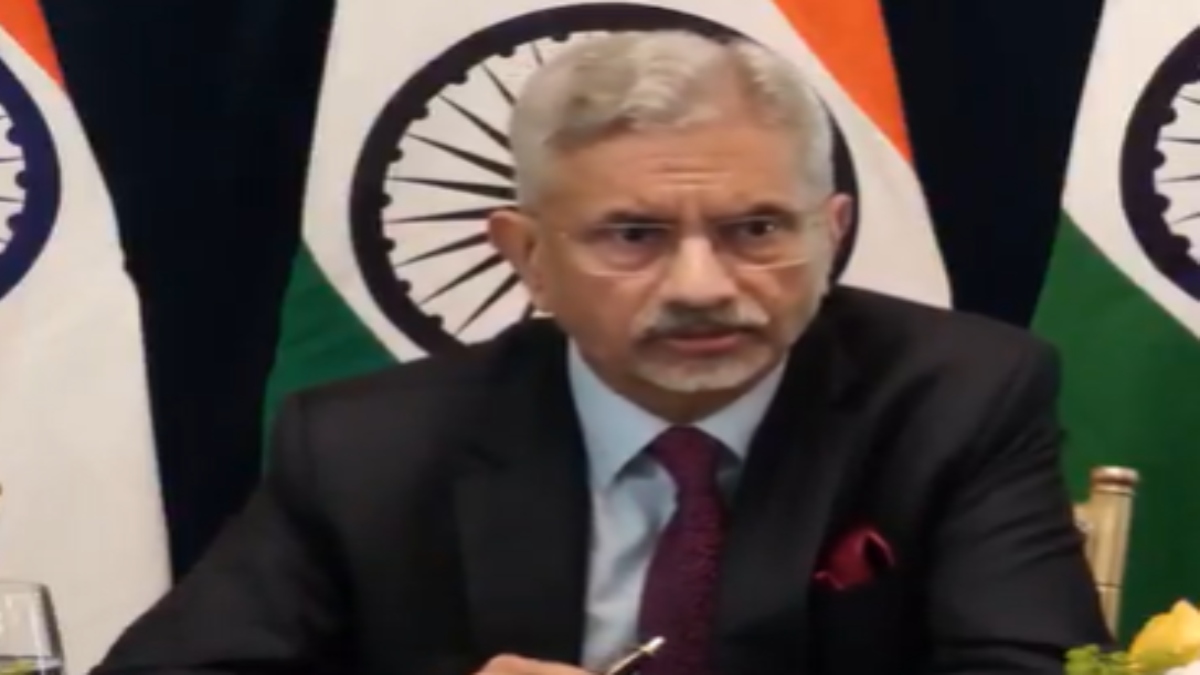)
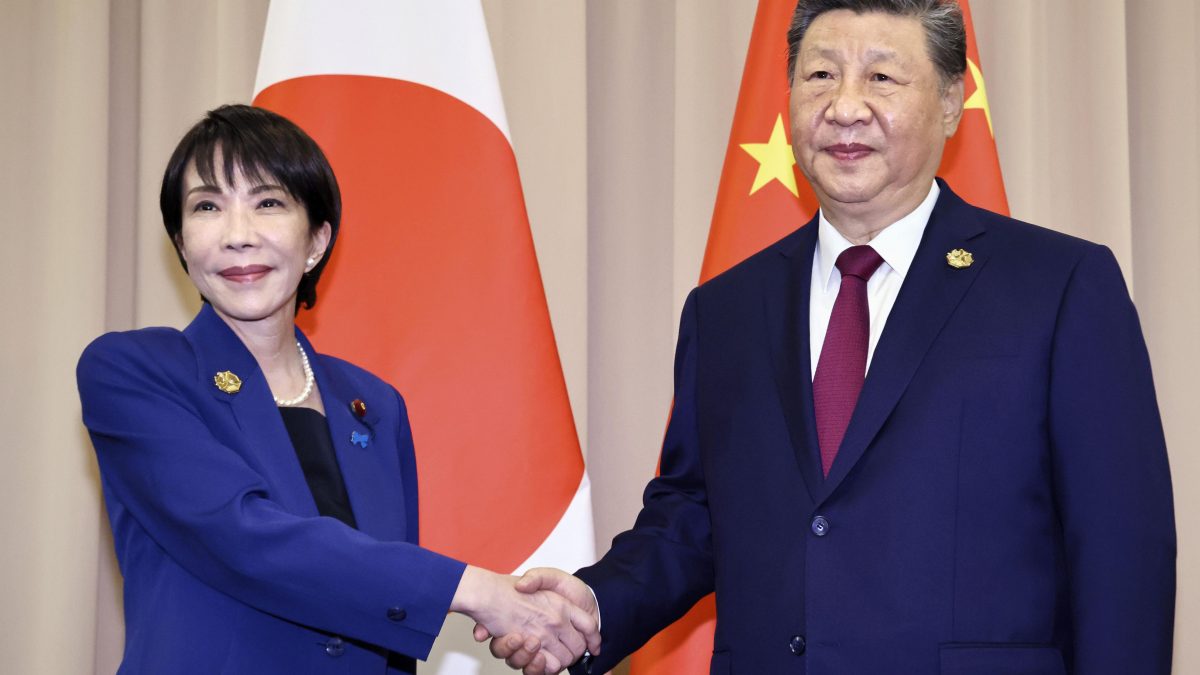)
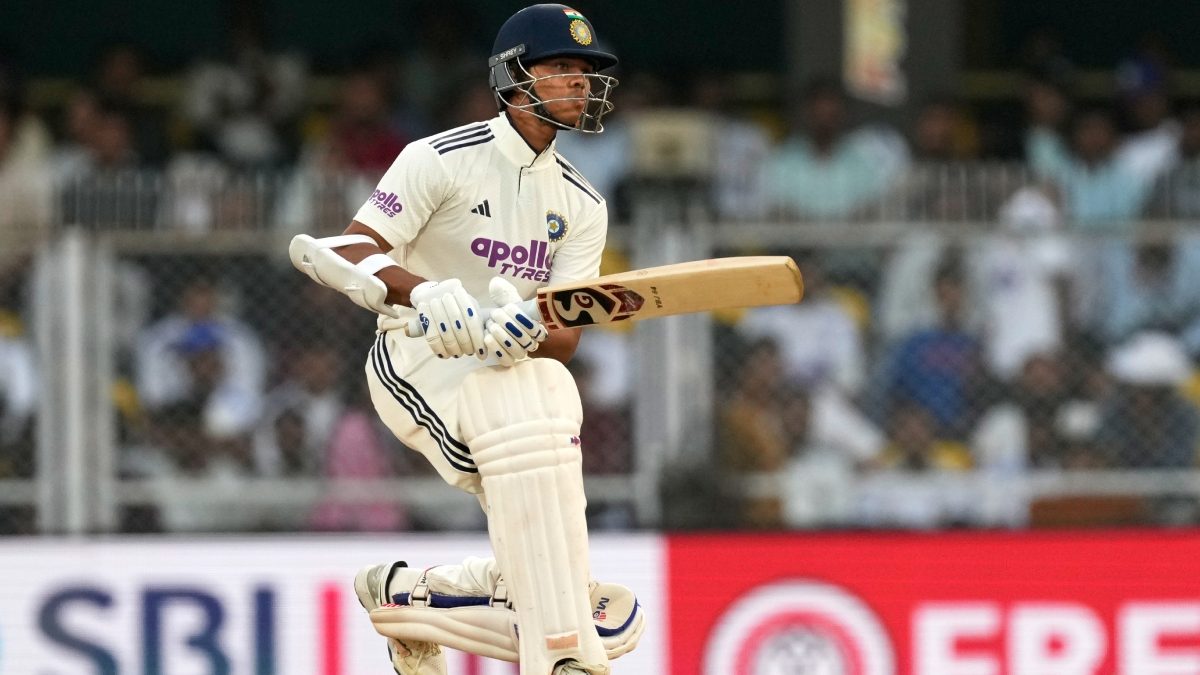)
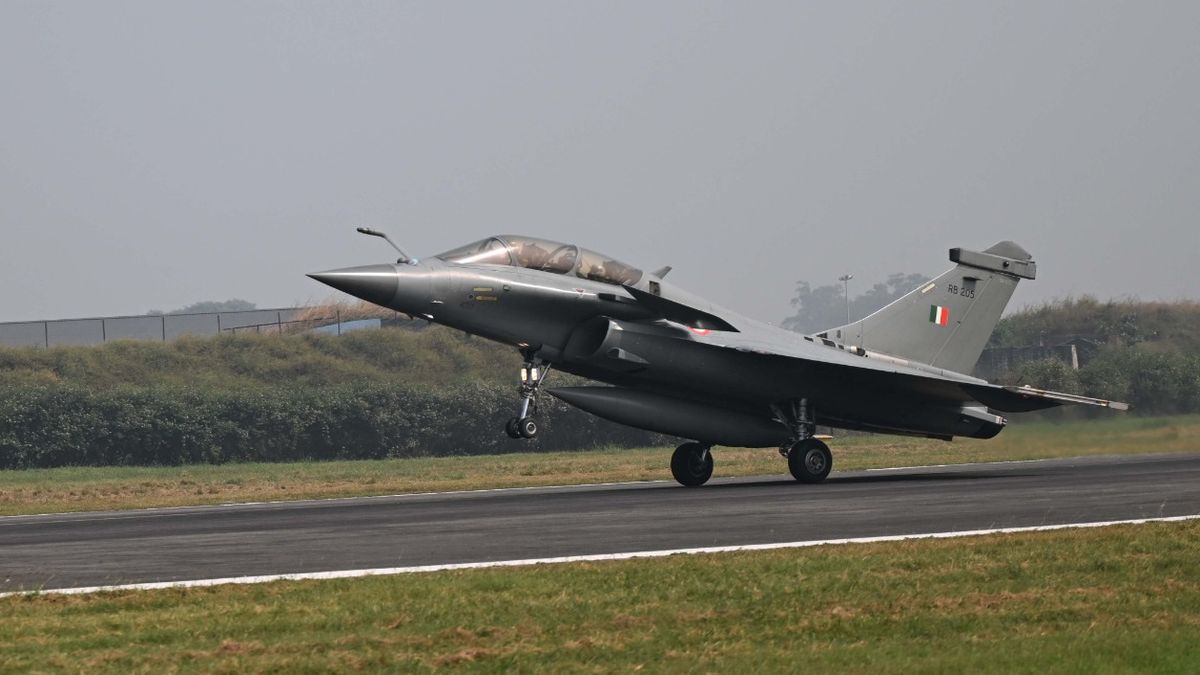)
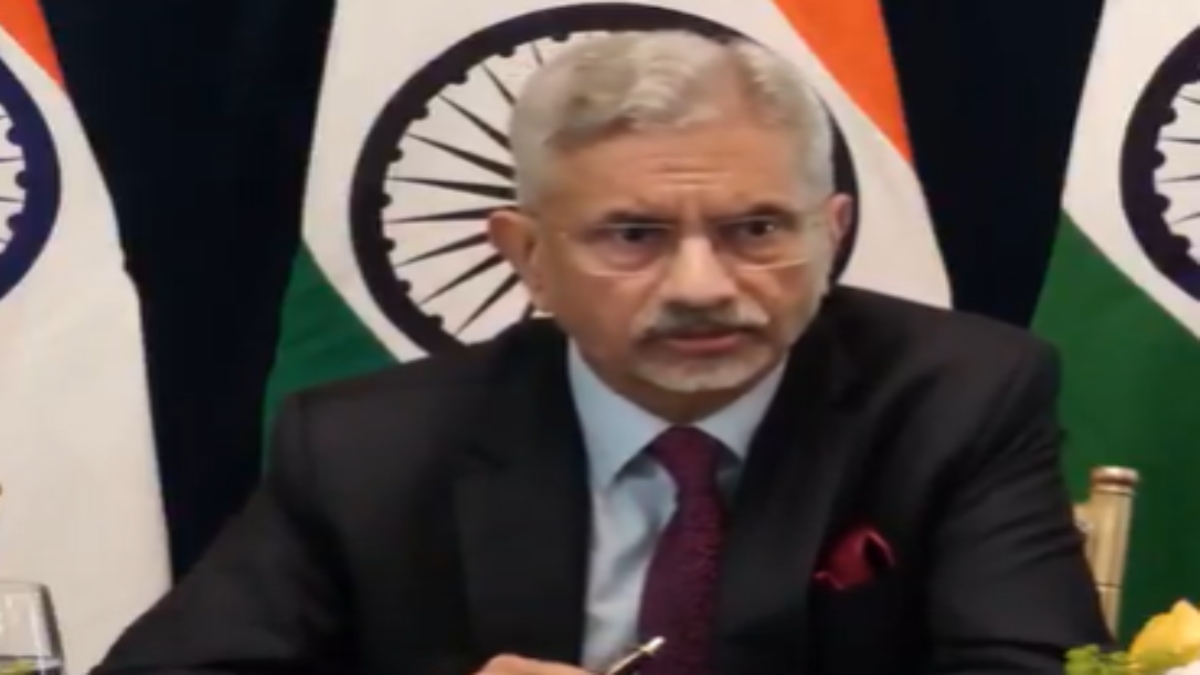)
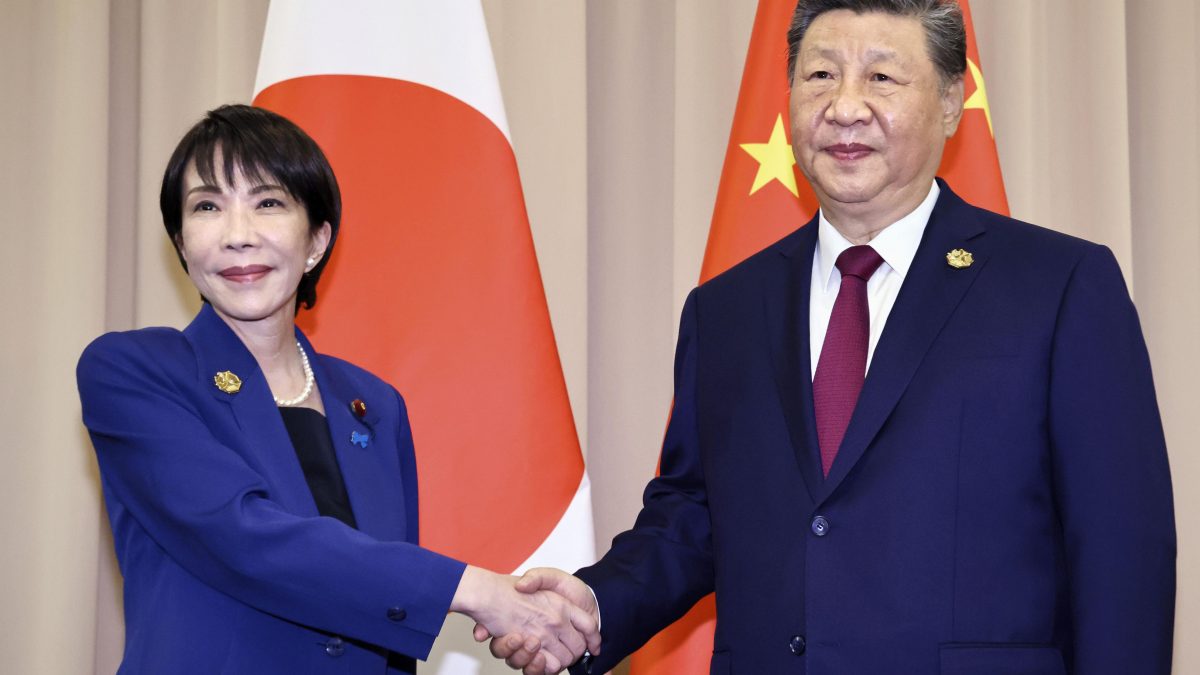)
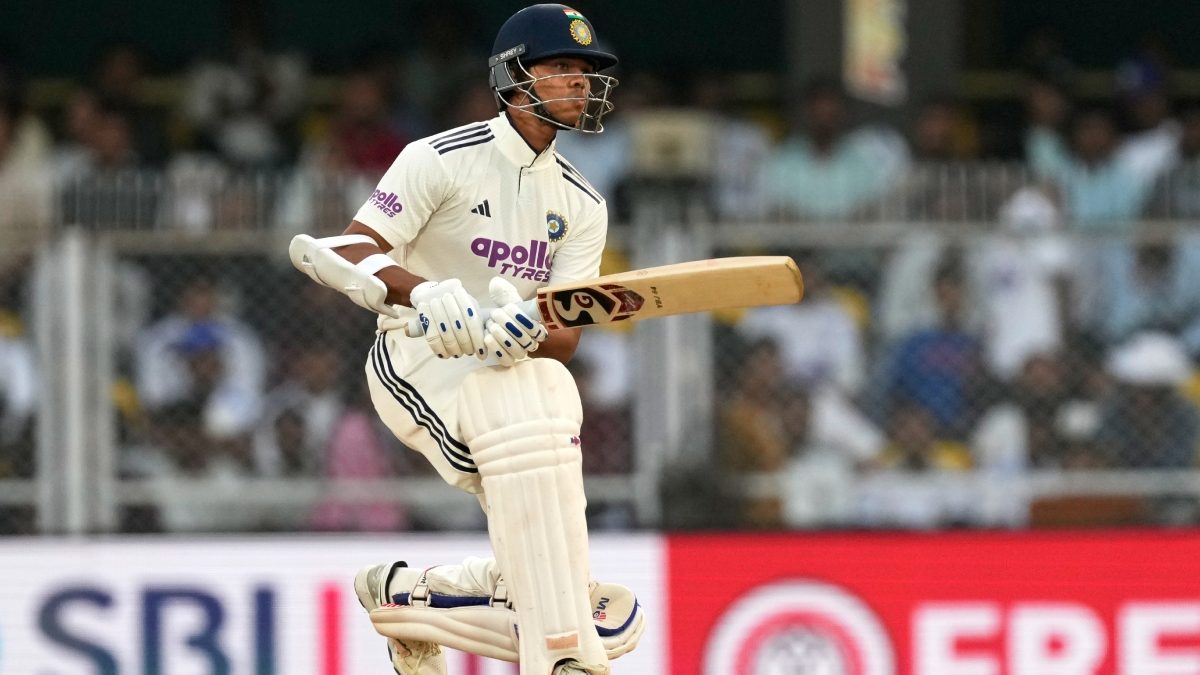)



